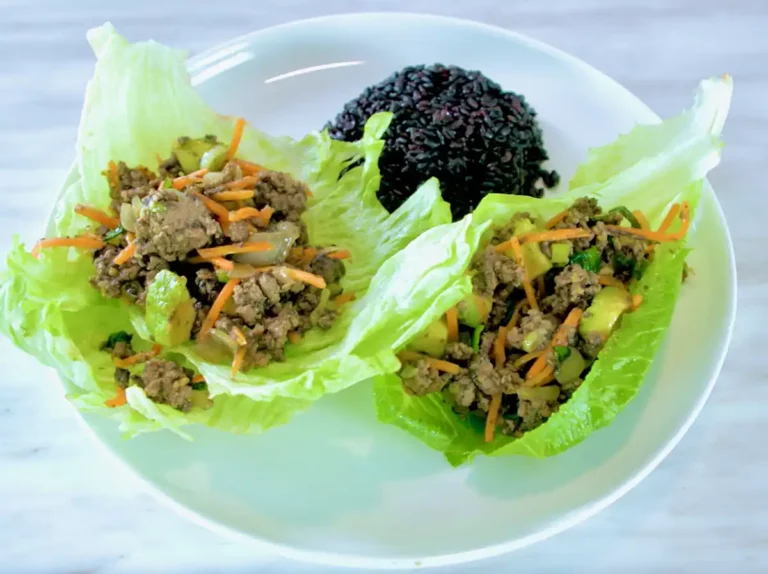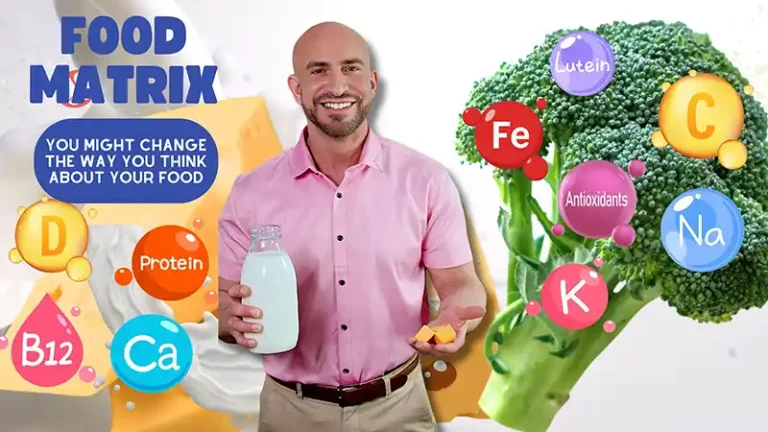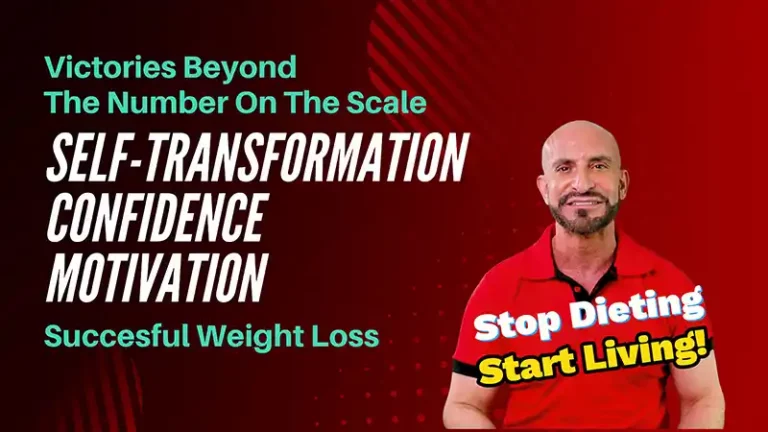The hemp you see on the shelves of your local supermarket store might have you raising your eyebrows, but I promise that this hemp under discussion is for nutrition, not partying. Hemp is a crop that was historically used to make items such as paper and cloth, but recently has received attention for its health benefits, mainly from the seeds. According to the Hemp Industries Association, hemp food sales have risen by about 24% in the last five years. The reason this mysterious crop is getting so much attention is because it may be the superfood we never thought about much.
Benefits of Hemp
Edible hemp has been identified as a good source of protein with essential amino acids that make it a food that will leave you feeling fuller longer after consumption. It is also a good source of Vitamin E and carotenes which are both powerful antioxidants that fight inflammation in the body. Finally, its magnesium content, when combined with the omega-3 content, make it a powerhouse for heart health. Since its rise in popularity, hemp has been cultivated into an endless list of food applications, the most common being hemp seeds, oil and protein powder.
Uses of Hemp in Your Diet
Historically, hemp has been eaten as a casual snack around the world, most notably Asia, for years, much like popcorn in America. Hemp seeds have a flavor similar to pine nuts and many enjoy them as a topping to salads or an addition to yogurt for a delectable crunch. Toasting hemp seeds is also known to enhance their nutty flavor profile. What’s better is that hemp seeds’ nutritionally profile has been equated to that of flaxseeds due to the high dose of healthy fats.
Hemp seed oil is made from hemp seeds and meant to be consumed cold, such as an addition to salad dressing, rather than as a cooking oil due to its low smoke point. This type of oil could be added to your healthy repertoire of dietary oils due to its content of omega-3 fatty acids.
We’ve likely all seen protein powders and supplements in some shape or form, but you probably didn’t know that hemp was also a player in that ballgame. Hemp is actually a fine option as a protein supplement for those who don’t consume animal products due to its source of high quality protein. However, contrary to popular belief, hemp is not a complete protein due its low content of the essential amino acid lysine. On the other hand, it is notably higher in fiber than your typical protein powder which makes it a great meal replacement for our herbivore friends.
Any Drawbacks?
You could definitely classify hemp as a superfood, but be warned: hemp in its many forms is high in fats, albeit healthy fats, which means it can rack up the calories when overeaten. Hemp seeds, like many other nuts, are about 45% fat and should be eaten in moderation.
On the topic of hemp protein powder, be wary of using it in place of alternatives such as whey or pea protein for fitness applications such as building muscle. Hemp protein powder is only about 30-50% protein by weight (whey is about 95-100%) and is low in the amino acid leucine which is essential for building lean body mass. Therefore, using hemp protein supplements may be more useful as a “whole food snack” rather than your typical protein shake.
The bottom line? Hemp packs a nutritional punch with its favorable content of healthy fats. Just be wary of the calories you are consuming from hemp and don’t rely only on hemp protein powder as your only protein source. Instead, try supplementing it with other protein powder sources and you’ll be high flying.







